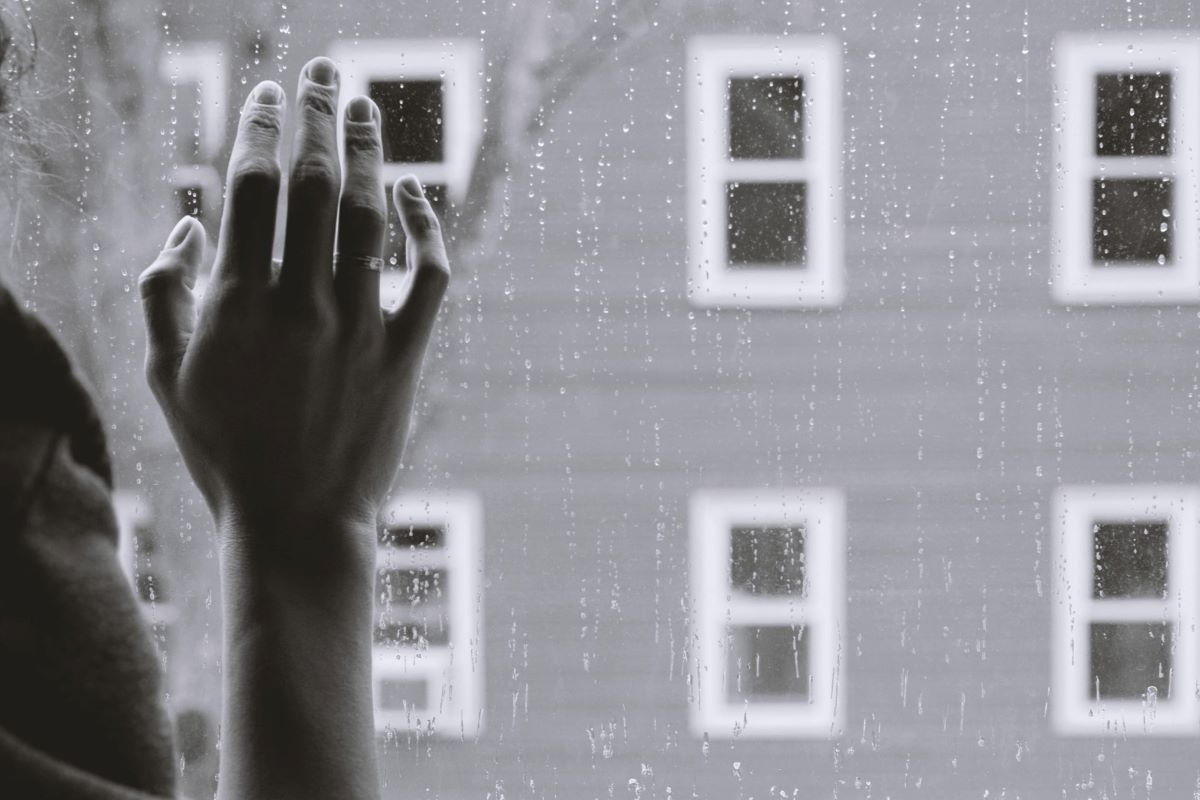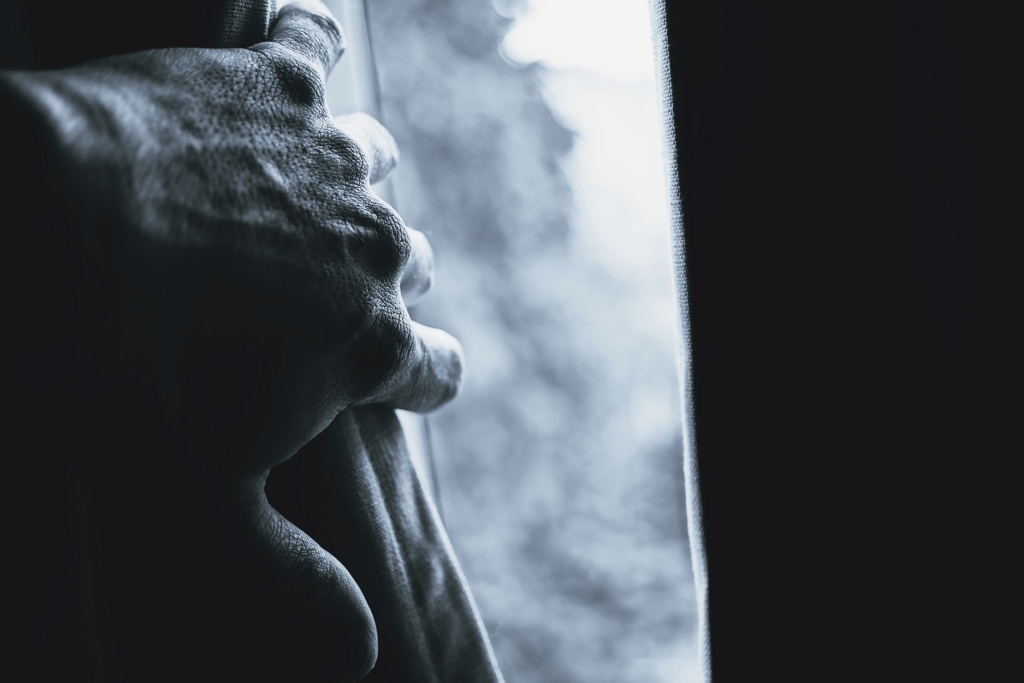
Combating loneliness and lifting yourself out of the slump
Why Do I Feel So Lonely?
Chris looked down and played with his fingers as he said to me, “I shouldn’t be depressed… I have everything I need and should be a happy person, but I’m in a pretty sad mood most of the time. When I think about it — and this will sound lame — I think I’m just really lonely.” I felt the struggle in Chris’s words that was far too familiar; many of my clients admitted that they felt lonely, invisible, and empty inside, and most of them were worried about sharing this with others.
Loneliness is often accompanied with feelings of shame, depressive moods, and, in some cases, negative coping mechanisms such as addiction. Many mental and physical health complications are associated with chronic loneliness. According to a study from 2015, the adverse effects of social isolation on health are comparable to those of smoking and obesity, with a 30 per cent higher risk of mortality than those who are socially engaged.
Loneliness has been an epidemic well before COVID-19, and things have only gotten worse for those in social isolation since social distancing measures began. It is prevalent among the young as it is among senior citizens globally.
Why are we so ashamed of being alone?
In a world where social media defines happiness by being with others, whether in romantic relationships or social situations, individuals who experience chronic social and emotional isolation often hide their loneliness, fearing judgment and ridicule. It doesn’t help that our society can make those who are on their own feel invisible. Most occasions are meant to be celebrated with others, and even booking a table for one at a restaurant is still considered abnormal.
When I encouraged Chris to get out there and have fun — with or without others — he explained how he felt awkward dining out when he often had to sit next to couples and families, or how he was sometimes subjected to dismissive and negative reactions when he sat alone next to a women at a café. “They always assume I’m some sort of creep trying to bother them or hit on them.” While this may not be every woman’s reaction, it seems like my male clients have a more difficult time engaging with strangers (especially women and families) and doing social activities without feeling awkward. If the self-doubt and depressive mood wasn’t brewing due to the loneliness itself, these societal reactions to singles could certainly do it.
The negative reactions that socially isolated people can face, along with their limited interactions with other people, could also rewire their brain by creating a hypervigilance for negativity in interactions. Studies have found that loneliness can lead to an increased sensitivity and expectation of negative reactions in the social world. This can then lead to less interaction on their part in an aim to self-preserve from further emotional injury, making the person lonelier overtime.
So how does one combat loneliness, and what do we do to get out of the slump?
1) Go on a journey of self-discovery: You don’t necessarily need to pull an Eat, Pray, Love, but it’s very helpful to learn more about yourself by having honest self-conversations and seeking the help of a therapist. Oftentimes, our habits and behaviours become so routine that we don’t realize how they are limiting our social life. Your therapist will help you find your blind spots and guide you in fine-tuning your social skills. They can also help you deal with any trauma or life events that may have caused unhelpful thoughts that prevent you from engaging socially.
2) Be patient with yourself: Remember that a combination of life events and circumstances have led you to social isolation over the course of time, and that you’ll need time to get back out there. Take it step by step; every day, do something that is a little bit out of your comfort zone and push yourself just a little more. Maybe joining an outdoor Meetup group with a bunch of strangers could be intimidating at first, yet even striking up a short conversation with the cashier to ask how her day has been or asking a vendor at the farmer’s market about his produce, can help you ease into social interactions gently.
3) Dabble in the art of giving: Research shows that the act of giving has positive impacts on one’s mental health. Volunteering for a cause that interests you, whether it is for a special event or for regular visits to the Food Bank to stock donations, will help you engage with others and build new networks.
4) Learn to love thyself: Low self-esteem breeds social discomfort. Taking loving care of yourself by eating healthy, getting exercise every day, and engaging in mindfulness activities can help you gain a more positive perspective and learn to appreciate yourself.
5) Gratitude feeds your life: Express gratitude as often as you can; pay verbal compliments to others when they provide good customer service or hand you a great cup of coffee. Don’t forget yourself though! Put a jar on your desk and fill it with daily compliment to yourself on pieces of paper.
The most important relationship is that with yourself. Pausing every day to breath and check in with our feelings can go a long way in the journey to happiness.
Contact Zahra Nafar at YourTherapist Psychotherapy & Counseling to book an appointment.
YourTherapist provides evidence-based, compassionate, and affordable therapy and counselling for treatment of anxiety, depression, trauma and PTSD.
Photo: Kristina Tripkovic










